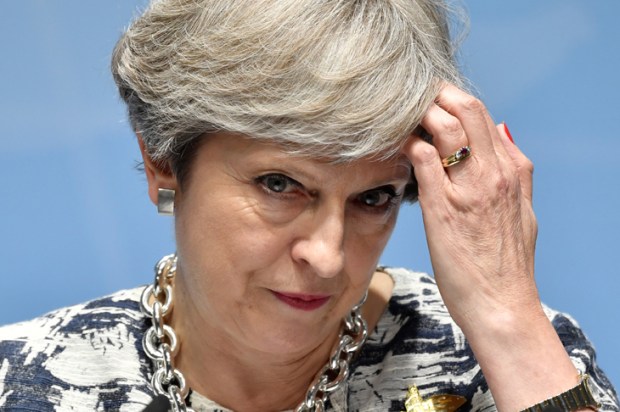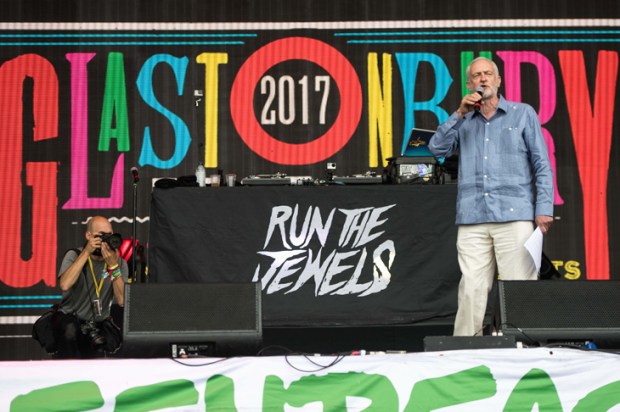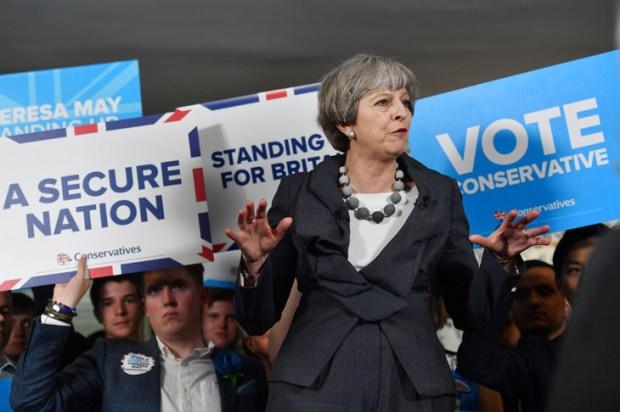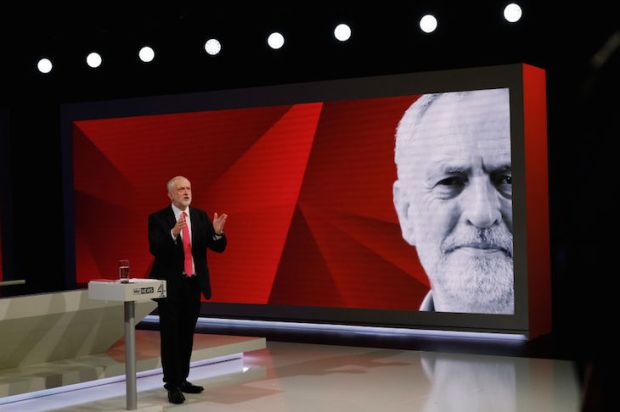Heathrow. The whole British story is there. Reading up around that debacle last week, I came across the eye-watering — and I think true — claim that, over the course of the second world war, Britain built 444 airfields. Four hundred and forty four. Although not all in the United Kingdom, probably. Some will have been in far-off lands, where Johnny Foreigner could be bought off in exchange for a pretty goat, or just shouted at, at gunpoint, until he went away. Hundreds, though, will have been here, on British soil — where it has now taken us over half an actual century to not quite build a new runway at Heathrow. 444. This is what we use to be able to do.
So also trains. Crossrail is finally happening, with holes dug and buildings torn down and built again; they can’t cancel it now. All 73 miles of it, largely underground, will be with us by 2019, a mere six decades since somebody first thought of it, and only four since they came up with the name. HS2 is more wobbly, admittedly, but we’ve only been thinking about that one since the 1980s. Go back to the railway mania of the mid-1800s, though, and we once laid 5,000 miles of railway in seven years.
Or there’s houses. Everybody knows we aren’t building nearly enough, and the ones we are building are half frauds anyway; existing dwellings chopped in half, bed in the annex and a loo in the broom cupboard. Because it’s hard, building houses, isn’t it? Neighbours complain, planning laws are complex and the finances bite you on the backside. Yet once, in a period of time equivalent to the 25-year span between John Major taking office and now, do you know what we managed to create? Pretty much all of recognisable Stevenage, Crawley, Hemel Hempstead, Harlow, Basildon, Corby, Milton Keynes, Redditch, Runcorn, Telford, Welwyn Garden City, Hatfield, Peterborough, Livingstone and Cumbernauld. Among others.
That was the big postwar new-town boom. And sure, politicians today still speak of building new towns, only not without sounding utterly mad. ‘I shall build ten eco-towns!’ Gordon Brown used to say, quite a lot, and it made him sound deranged, as though he might have well been saying, ‘Also, there shall be a unicorn ranch on the moon!’ And, of course, aside from the ongoing construction at North West Bicester (6,000 new homes, whoopdie doo) none of it happened, nor did anybody expect it to. Once we could have done, though. Or at least once it wasn’t so crazy to imagine we might.
Then there are nuclear power stations. Nineteen completed between 1956 and 1995, and since then… zzz. Nothing until two years ago, when there began some unconvincing and seemingly half-arsed wibbling about getting the Chinese or French to do it. Will they? Will they, though?
What has happened to us? What have we become? I make no particular case for any particular project; I know there are valid objections to Heathrow, to HS2, to crazy Boris Island, and to everything else. There were probably valid objections to every one of those 444 airfields, though. There were probably valid objections to Milton Bloody Keynes. Yet we still did stuff. Yes, the business districts of central London are again bedecked with cranes, but the business districts of central London might as well be Dubai for all they have to do with anywhere else. The British vibe is one of ‘nah’, pending judicial review, pending not bothering anyway. Every government infrastructure announcement is a roll-call of not-quite-happening yet projects — railways, power stations, sewer tunnels — that never seem to stop not quite starting.
Will they ever? Is a golden age of actually doing stuff again just around the corner? If not, some day soon, I think, even the really mundane achievements will start to amaze us. Motorways. A postal service. Manholes. We will gaze at them like a camel herder who lives in a tent might gaze at the pyramids, wondering how, how, how it was ever done. I don’t give a damn what we do, but for God’s sake let us do something.
Political currency
Time to dust off those bitcoins. The digital currency, best understood as cyberspace’s answer to gold, has enjoyed a bump in value lately, probably due to turmoil in Greece. It’s a mild bump, and looks as if it’s due to speculation rather than actual Greeks, but if I a) could remember where the memory stick with my bitcoins on it was, and b) could remember what you actually do with them, I definitely might.
Interestingly, Yanis Varoufakis, the erstwhile Greek finance minister, is a longtime bitcoin-watcher, and has written about it often. And he’s not a fan.
His objection to bitcoin is precisely what others like about it; that it is apolitical and stands independent from governments and states. Money, he wrote a few years ago, must be subject to political control. ‘And the only decent manner in which such control can be exercised,’ he continued, in a lengthy blogpost explaining why the inhuman maths of bitcoin were not to be admired, ‘is through a democratic, collective agency.’
Exactly like it isn’t, for example, with the euro. Are we still supposed to believe he really wanted Greece to stay in?
Got something to add? Join the discussion and comment below.
Get 10 issues for just $10
Subscribe to The Spectator Australia today for the next 10 magazine issues, plus full online access, for just $10.















Comments
Don't miss out
Join the conversation with other Spectator Australia readers. Subscribe to leave a comment.
SUBSCRIBEAlready a subscriber? Log in